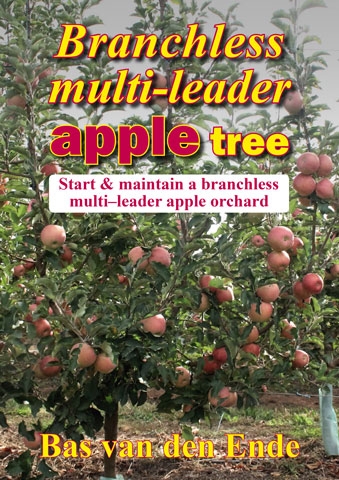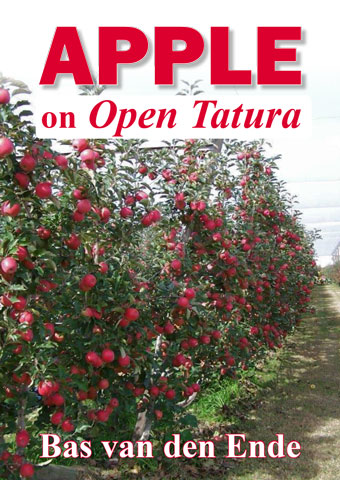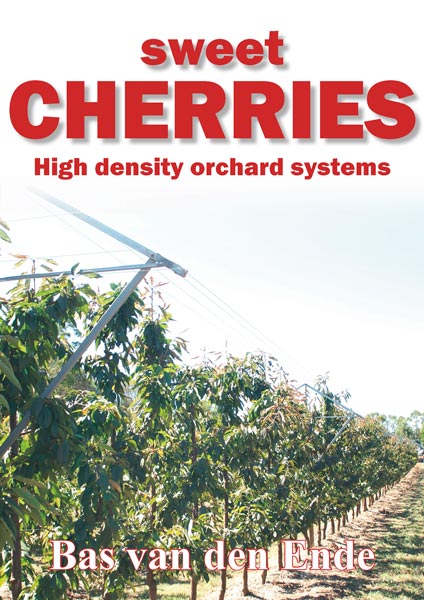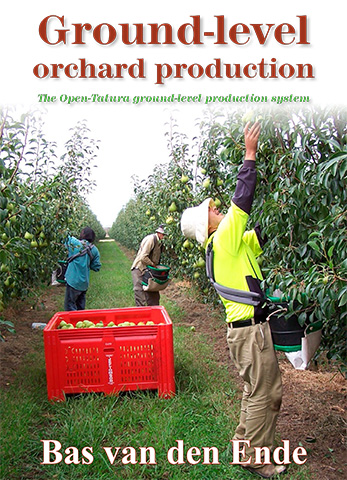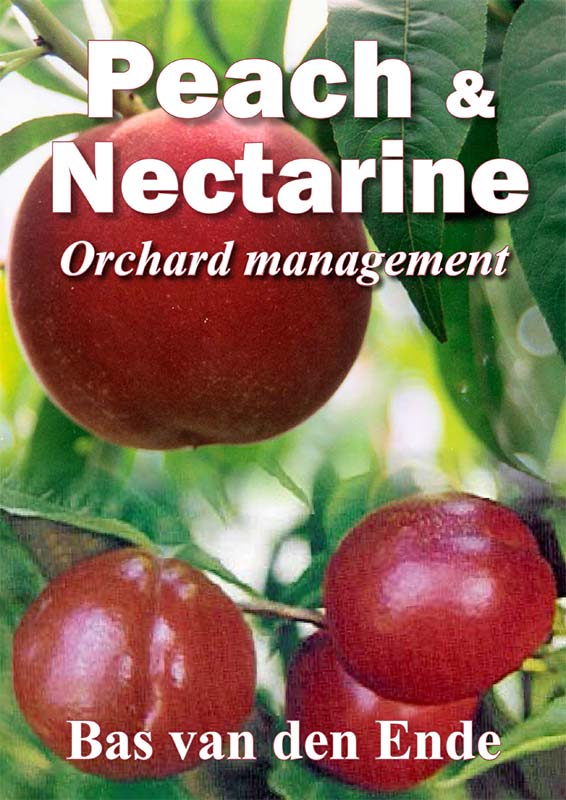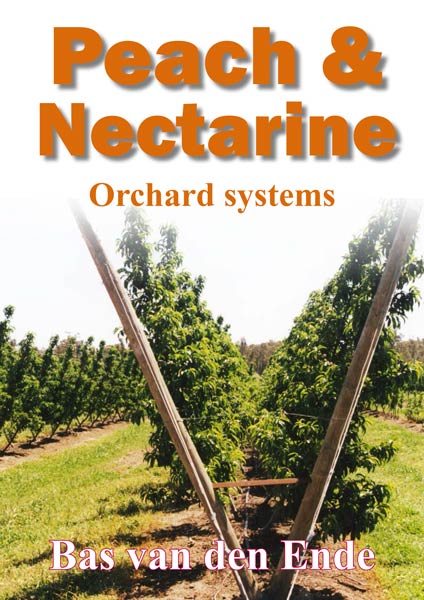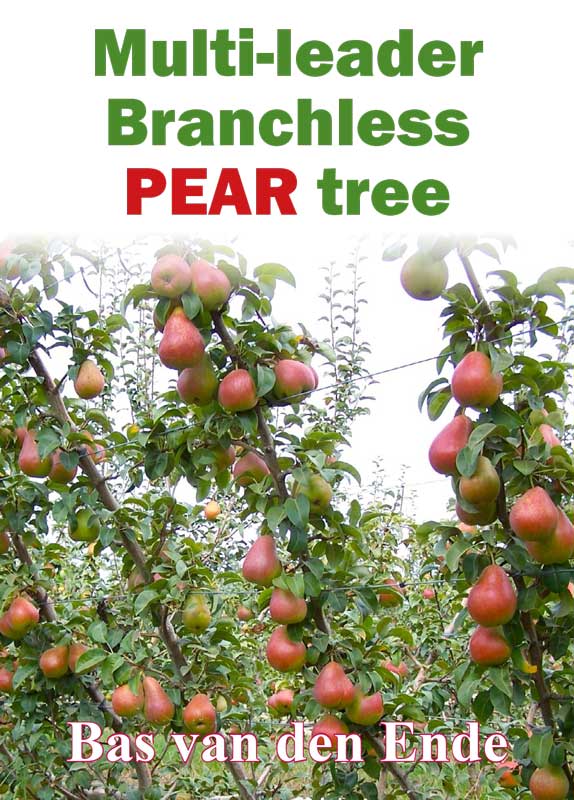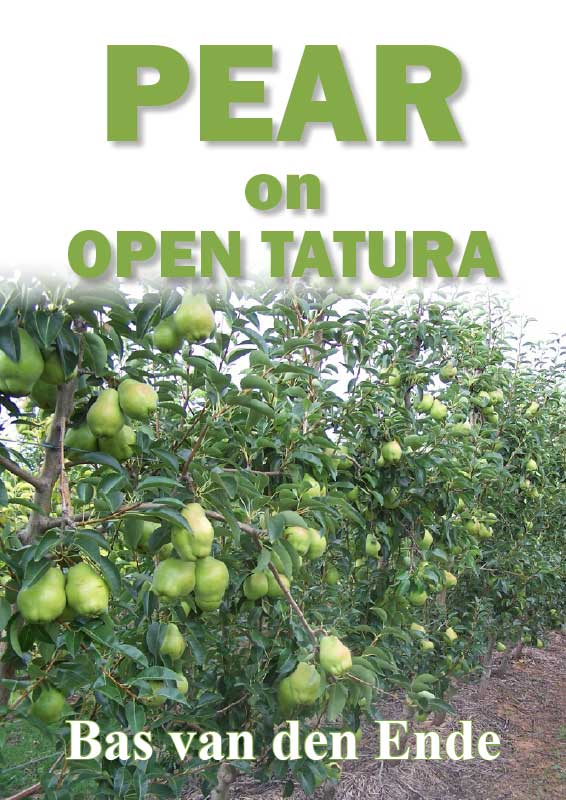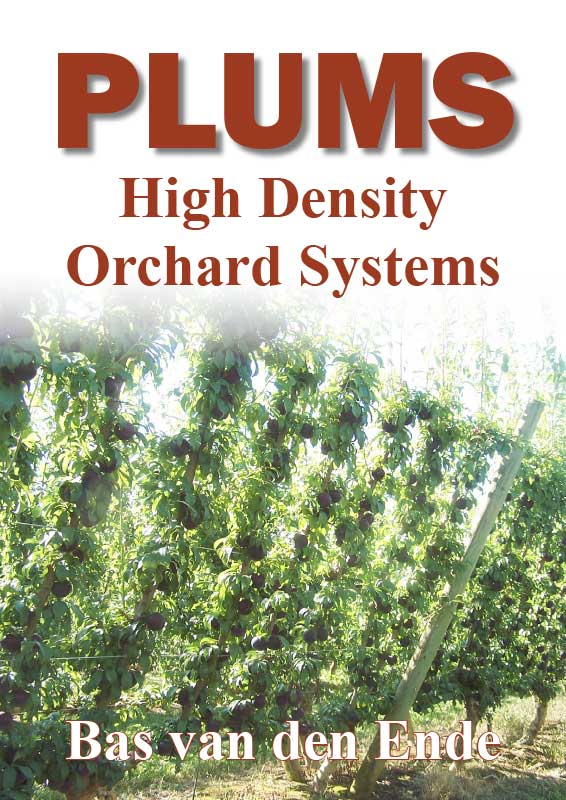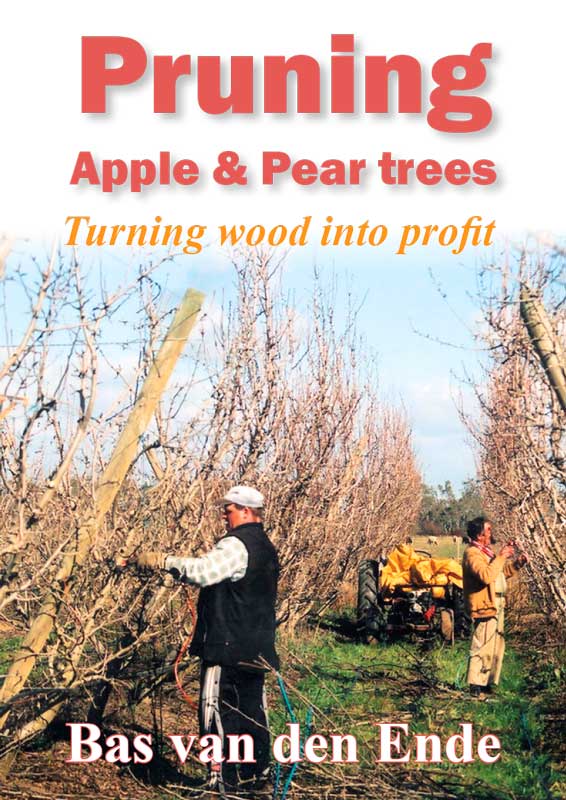Implications: So what are the implications associated with an expense that is generated by the accountant, and which does not appear in your cashflow forecasts, because it is a non-cash expense?
This issue is important because, for a sizeable horticultural business, the annual depreciation charge can be hundreds of thousands of dollars. The following implications may be considered:
- The direct operational cashflow of the business can be determined by adding depreciation back to the net profit. (Please note that total business cashflow also takes other factors, such as working capital movements into account). As I have alluded to elsewhere, and as bank managers will pursue, the direct operational cashflow should be sufficient to cover: owners' drawings/dividends, existing funding commitments, new funding commitments and, possibly, something for off-farm investment.
- In the short-term the depreciation expense value may not be important because short-term cashflow is of greater consideration. In the short-term, depreciation may typically be ignored for decisions made by many businesses.
- In a large business which may have significant and ongoing capital expenditure, depreciation becomes an important representation of that expenditure and represents the substantial capital funding costs that such a business must meet.
- In many cases depreciation expense may be quite similar to the amount being paid for equipment finance through leases or hire purchase. In other cases, there might be quite a disparity between them—for example where there is a substantial volume of older equipment which is mostly paid out.
- Although finance payments might be currently relatively low, the high depreciation charge implies there is a lot of older equipment that will need to be replaced one day and that will be a significant financial exercise. Are sufficient profits being generated to meet that need?
Conclusion
In my experience business owners pay little attention to depreciation because it is a 'book' entry and because it is not a direct cash outflow.
This is probably not an unreasonable view if there is a similarity between the values of depreciation expense and actual finance payments.
However, in judging business performance and its capacity to meet present and future personal and business financial commitments, owners should carefully consider the annual depreciation expense to determine how it might influence the decision-making process.
For more information, see Tree Fruit October 2014


